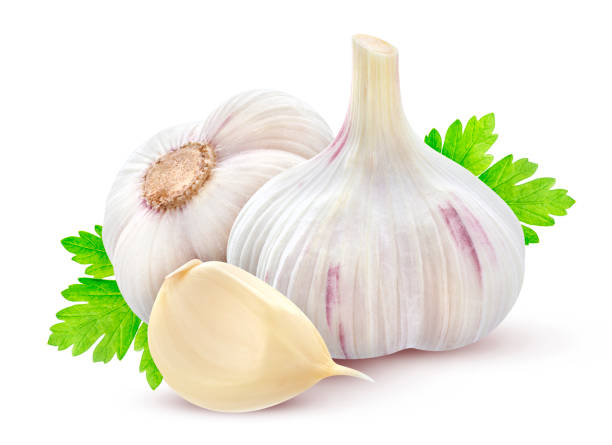Description
Garlic
Garlic is a pungent and flavorful bulbous plant from the Allium family, which also includes onions, shallots, leeks, and chives. It is widely used in cooking and is known for its strong aroma and distinct taste. Here are some key points about garlic:
Culinary Uses: Garlic is a fundamental ingredient in many cuisines around the world. It can be used in various forms, including raw, minced, chopped, crushed, or roasted. It adds a unique and bold flavor to dishes and is commonly used in soups, stews, sauces, marinades, and as a seasoning in a wide range of recipes.
Nutritional Value: Garlic is a good source of vitamins and minerals, particularly vitamin C and vitamin B6. It also contains various bioactive compounds, including allicin, which is responsible for its characteristic flavor and potential health benefits.
Health Benefits: Garlic has been associated with numerous potential health benefits, including its ability to boost the immune system, lower blood pressure, and improve heart health. Some studies suggest that regular garlic consumption may have anti-inflammatory and antimicrobial properties.
Preparing Garlic: To prepare garlic, you typically break apart the bulb, separating the individual cloves. Each clove can be peeled and then used in cooking. Garlic can be minced, sliced, or crushed, depending on the recipe. Roasting whole garlic bulbs can result in a mild, sweet flavor.
Varieties: There are several varieties of garlic, including softneck garlic and hardneck garlic. Softneck garlic is the most common variety found in supermarkets, while hardneck garlic varieties have a more pronounced flavor and are popular among food enthusiasts.
Garlic Supplements: Garlic supplements, such as garlic capsules or garlic oil, are available and are sometimes used for their potential health benefits. It's important to consult a healthcare professional before using supplements to ensure they are appropriate for your specific health needs.
Garlic Allergies: Some people may be allergic to garlic, and consuming it can lead to allergic reactions. It's important to be cautious and consult a healthcare provider if you suspect a garlic allergy.
Cultural Significance: Garlic has a rich cultural and historical significance. It has been used in various traditional and folk remedies for its potential medicinal properties. It is also known for its role in warding off evil spirits in some cultures and for its association with superstitions.
Garlic is a versatile and highly aromatic ingredient that plays a crucial role in the culinary world. Its strong flavor and potential health benefits make it a popular choice in a wide range of dishes, from Italian pasta sauces to Asian stir-fries and beyond.

